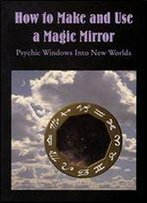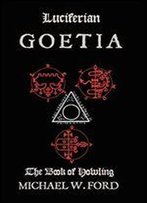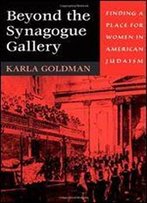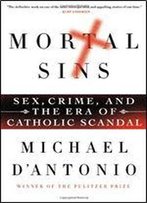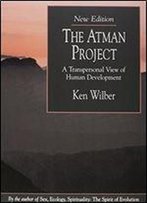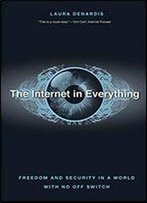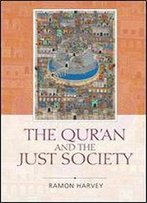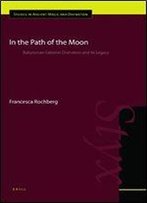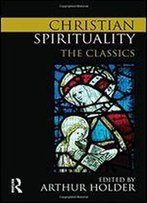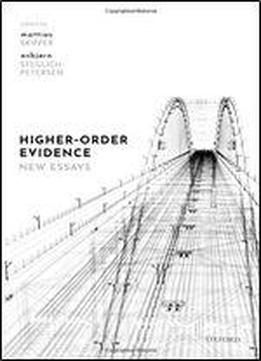
Higher-order Evidence: New Essays
by Mattias Skipper /
2019 / English / PDF
2.8 MB Download
We often have reason to doubt our own ability to form rational beliefs, or to doubt that some particular belief of ours is rational. Perhaps we learn that a trusted friend disagrees with us about what our shared evidence supports. Or perhaps we learn that our beliefs have been afflicted bymotivated reasoning or by other cognitive biases. These are examples of higher-order evidence. While it may seem plausible that higher-order evidence should somehow impact our beliefs, it is less clear how and why. Normally, when evidence impacts our beliefs, it does so by virtue of speaking for oragainst the truth of theirs contents. But higher-order evidence does not directly concern the contents of the beliefs that they impact. In recent years, philosophers have become increasingly aware of the need to understand the nature and normative role of higher-order evidence. This is partly due tothe pervasiveness of higher-order evidence in human life, for example in the form of disagreement. But is has also become clear that higher-order evidence lies at the heart of a number of central epistemological debates, spanning from classical disputes between internalists and externalists to morerecent discussions of peer disagreement and epistemic akrasia. Many of the controversies within these and other debates stem, at least in part, from conflicting views about the normative significance of higher-order evidence.This volume brings together, for the first time, a distinguished group of leading and up-and-coming epistemologists to explore a wide range of interrelated issues about higher-order evidence.
